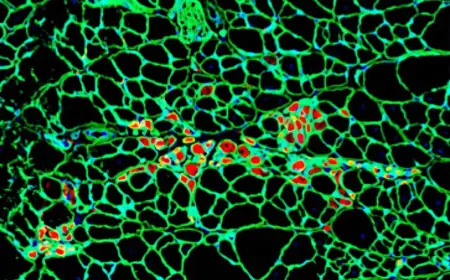Guidelines for Sun Protection

In the summer, due to seasonal conditions, air temperatures can rise significantly, and the sun becomes intensely hot. For this reason, elderly individuals and those with chronic illnesses should be especially mindful of their health, and young children are advised to avoid going outdoors during peak sunlight hours.
Sunlight helps the body produce essential vitamin D and stimulates water-salt metabolism. Sweating removes excess fluids from the body. To keep this process balanced, it’s important to drink 1.5 to 2.5 liters of clean drinking water throughout the day in small amounts, without overwhelming the body.
Herbal teas made from medicinal plants are refreshing in the summer, quenching thirst and helping prevent illnesses. Elderly people and children should go outside early in the morning between 6:00–9:00 or in the evening between 18:00–21:00, wearing season-appropriate clothes and bringing enough water. Wearing light-colored hats or scarves is essential.
Swimming in the sea during peak sunlight hours or after 21:00 is not recommended. Prolonged direct sun exposure may cause blood clotting in the vessels, leading to kidney or heart issues, or disruption of cerebral circulation.
Signs of harmful sun exposure may include skin redness, fatigue, shortness of breath, headache, dizziness, low heart rate, nausea, stomach pain, confusion, fainting, and in severe cases, seizures. In children, nosebleeds may occur.
In such situations, it is essential to contact emergency medical services immediately.


























